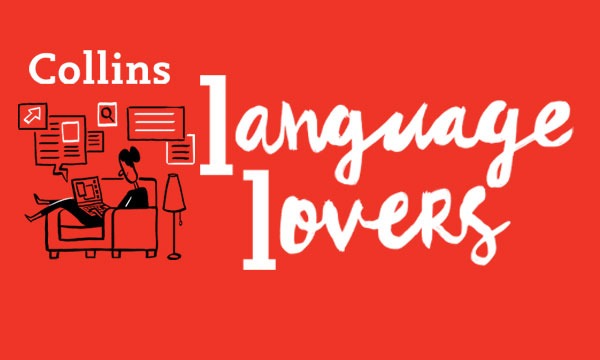From simple black and white word exercises to the most masterful, multi-layered of cryptic constructs, crosswords entertain, educate, comfort, and compel.
Here are seven things you might not have known about this recent centenarian of the puzzle world.
1. Crosswords initially appeared in England in the nineteenth century; however the first published crossword was printed in the New York Sunday newspaper, World, on 1st December 1913.
This diamond-shaped grid with clues for words was created by Arthur Wynne, a Liverpool-born journalist who had been asked to create a piece for the games section of the paper. Inspired by the acrostic puzzles of his childhood, he called his new puzzle a ‘Word Cross’ – this later became known as a ‘cross-word’ and when the hyphen disappeared, the crossword had arrived.
2. Roger Squires, who entered the Guinness World Records as ‘The World’s Most Prolific Crossword Compiler’ in 1978, has published more than 66,000 crosswords.
Born in Wolverhampton, England in 1932, Roger also holds the record for the longest word used in a published puzzle Llanfairpwllgwyngyllgogerychwyrndrobwllllantysiliogogogoch,
which he clued as an anagram. The longest officially recognised place name in the United Kingdom, this is Welsh for “St Mary’s church in the hollow of the white hazel near to the rapid whirlpool and the church of St Tysilio of the red cave”.
3. During World War II, military chiefs commissioned The Daily Telegraph to publish a timed cryptic crossword, which was then used as a recruitment test for talented code-breakers.
Successful solvers were then contacted and asked to undertake “a particular type of work as a contribution to the war effort.” This work was to be at the United Kingdom’s main code-breaking establishment, Bletchley Park, whose intelligence is credited with aiding the Allied war effort and shortening the war.
4. One of the most famous cryptic crossword solvers is a work of fiction: book and television character, Detective Chief Inspector Endeavour Morse.
Morse and his assistant, Sergeant Lewis were created by cryptic crossword enthusiast, Colin Dexter and named after Sir Jeremy Morse (former Bank of England Director) and Mrs B Lewis (aka Dorothy Taylor), top prize-winning solvers of Ximenean cryptic crosswords.
Colin Dexter has said that “the hobby and the habit of solving crosswords is the most serene and civilised way of wasting time that I have yet discovered”.
5. The actor Sir John Gielgud, who died aged 97, passed away with a completed crossword by his side and attributed his longevity to his passion for crosswords.
He once said “Completing the crossword is the only exercise I take, I smoke non-stop and solving the crossword clears the fumes”.
6. In January 1925, the Times newspaper reported that “the crossword craze has extended to Sandringham. Queen Mary and the entire Royal Family are reported addicted to the word-hunting game”.
In 1954 her granddaughter, Princess Margaret, entered the Good Housekeeping crossword competition and won first prize.
7. The cryptic crossword has even been suspected of being involved in espionage: during the weeks preceding the D-Day landings in June 1944, Allied commanders became alarmed as The Daily Telegraph crossword started to include numerous clues leading directly to code-words for the operation – OVERLORD, NEPTUNE, MULBERRY.
These clues had been set by Leonard Dawe, who had been the chief crossword setter at the paper for nearly 20 years. Luckily, when MI5 descended on his home in Surrey, Dawe managed to convince them that it was nothing more than an incredible coincidence.
Do you have any more fascinating facts to add to our list?



